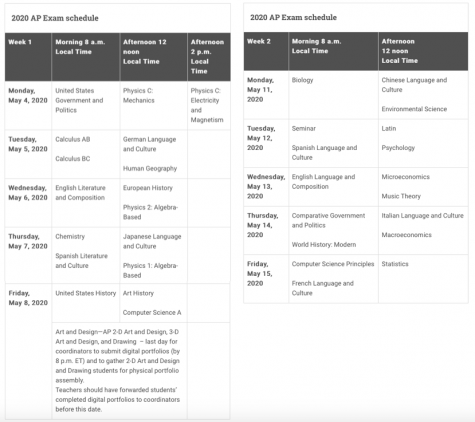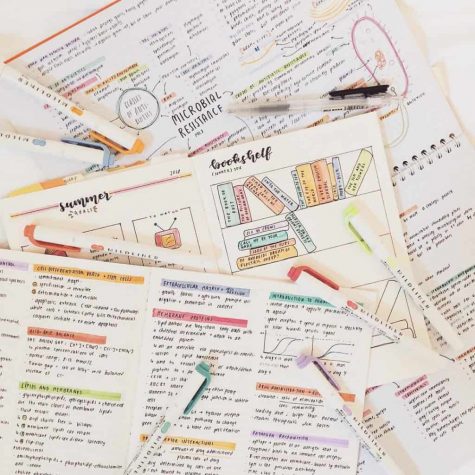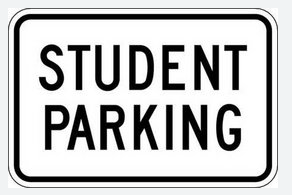AP Exams Are Around the Corner: Tips for Preparing for APs
Advanced Placement (AP) exams are coming up soon, during May 6-10 and May 13-17. With the AP exam dates quickly approaching, are you beginning to feel the pressure of your AP classes? Are you confused about how you should prepare for your AP exams? Many students are unsure of how to begin, so let’s take a look at a few tips for how you can achieve your goal score on your AP exams.
1 – Mark your calendar!
Make sure you know exactly when all of your AP tests will be. During the school year, it’s easy to get caught up in day-to-day assignments and extracurricular commitments, allowing the AP tests to sneak up on you. Here’s a chart with all of the AP test dates, so you can ensure that you have enough time to prepare:

2 – Prioritize your classes.
When studying for APs, determine which classes are the most difficult and which come easiest to you. For someone who loves science and math, APs such as AP Chemistry, AP Calculus, and AP Biology may seem like a cake walk. However, that same person may struggle with AP U.S. History and AP English Language. Everyone has their strengths, so don’t get discouraged if you are in a different place than your friends. Regardless of the AP classes that are the most challenging for you, it will help immensely to plan out a study schedule that allows you to focus on the most difficult classes. Try not to completely neglect the easier APs though. Prioritize the challenging classes, but set aside a little time to review material from the easier AP classes as well.
3 – Find practice materials at least two months beforehand.
Don’t wait for the week before your AP exam to begin looking for a prep book! If there’s a subject that you are having trouble with, place an order for a prep book for that class, and begin going through it as soon as possible. Also, look for practice tests so that you can determine a baseline for your knowledge. Use the results of the practice tests to determine which concepts and classes you need to focus on the most.
4 – A little goes a long way.
You don’t have to dedicate four hours a night to studying for each AP class that you are taking. Rather, spend a few minutes (20 or so) a few times a week looking over old material and ensuring that you remember previous concepts. Your future self will thank you! This spaced repetition will help take some of the pressure off of you in the few days leading up to your AP exams.

Making an organized study schedule will help a lot with time management!
5 – Understand the format of each AP test you will be taking.
Most AP tests have a multiple-choice portion and a Free Response Question (FRQ) portion. Make sure that you understand how much time you will have for each section of the exam, so that you can better manage your time on test day. For instance, if you know that you have 60 minutes for 60 multiple-choice questions, you won’t make the mistake of spending five minutes staring at a particularly challenging question. Take a look at past AP scoring rubrics to get a better idea of what AP graders will be looking for in your responses.
6 – Relax.
Try to achieve a balance between studying for classes and taking much-needed breaks from school. At the end of the day, the score that you receive on a test that you took in four hours on a weekday morning does not define you as a person. One score will not determine whether you are accepted or rejected from college; there are far more factors at work than just test scores. Try your best, but if you don’t do as well as you hoped, it will be okay.
Best of luck to students as we approach AP testing season. Hopefully some of these tips will diminish the pressures that come with AP testing!















